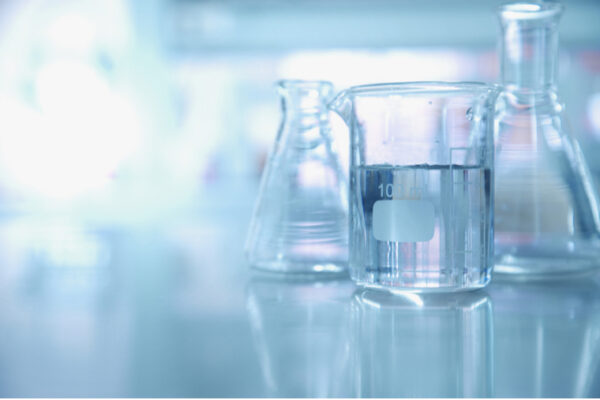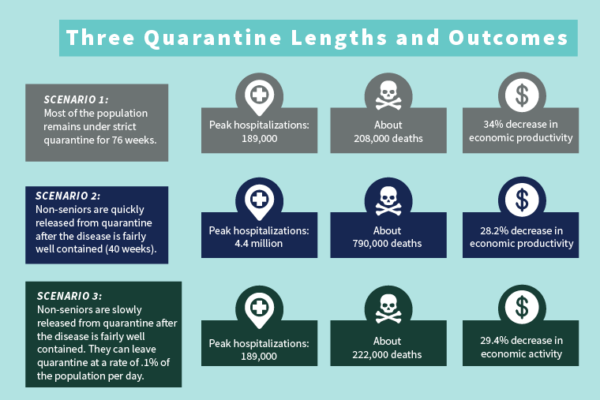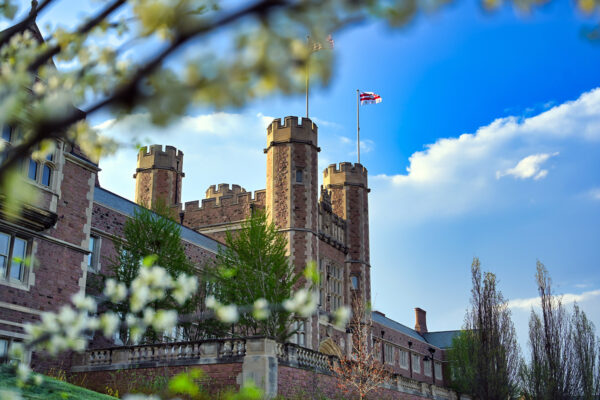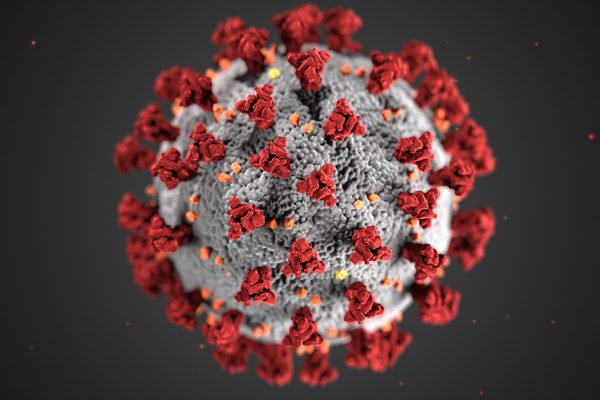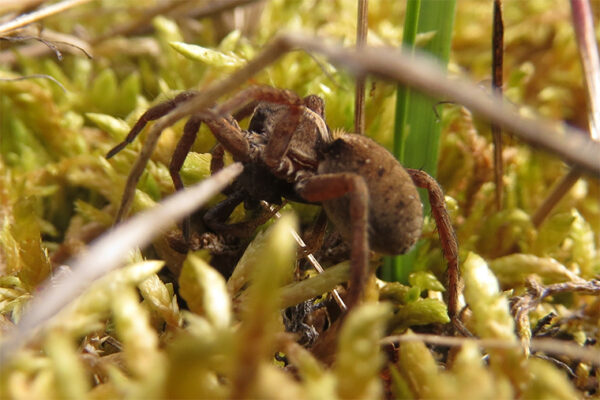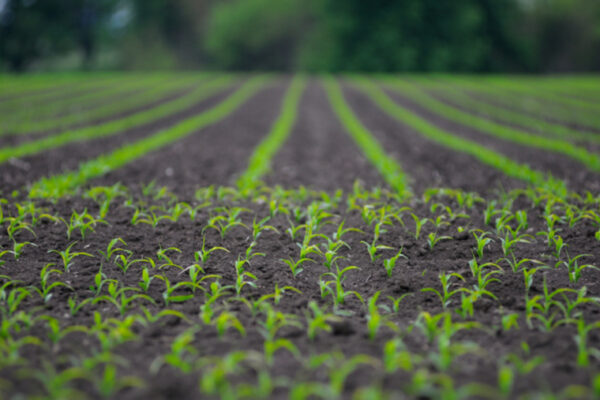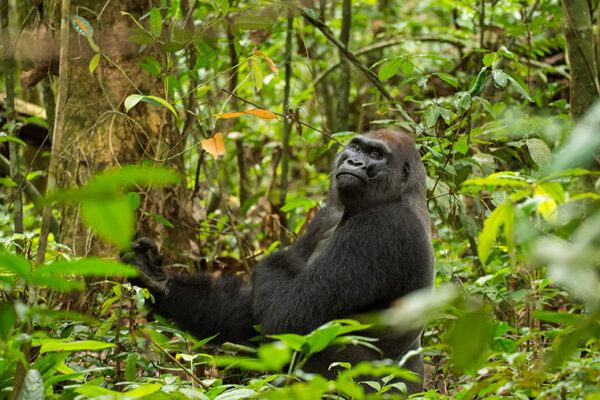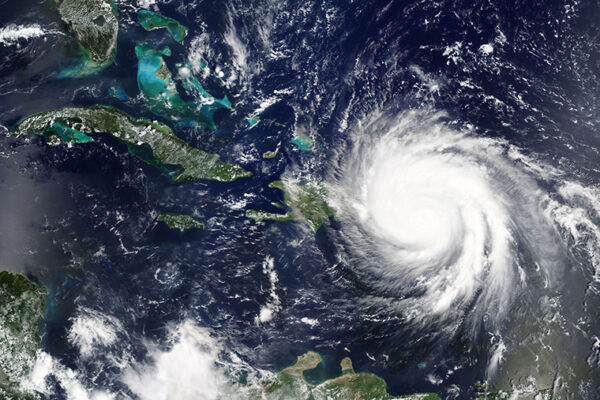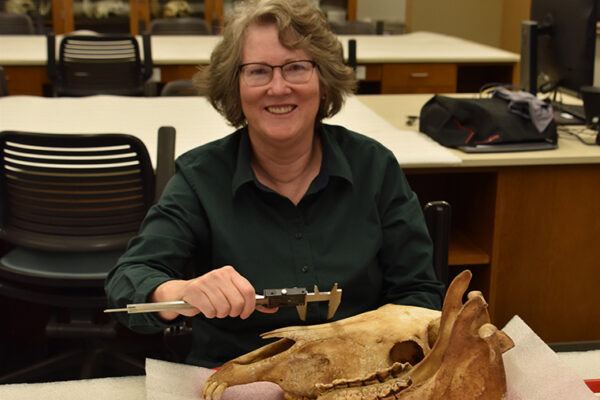Aluminum may affect lead levels in drinking water
Until recently, researchers have not inspected the interplay between three common chemicals found in drinking water. Research from the McKelvey School of Engineering at Washington University in St. Louis has found they all affect each other and a closer look is needed.
Model predicts economic, public health repercussions of lifting quarantine
An interdisciplinary team at Washington University in St. Louis used computer modeling from different domains to look at how the United States might best lift quarantine — without a harsh blow to public health or the economy.
University advises on city’s bold new energy efficiency standard
St. Louis recently became the first jurisdiction in the Midwest — and just the fourth in the country — to adopt a comprehensive new standard designed to reduce its carbon footprint. Washington University’s Office of Sustainability provided technical expertise to support the new standard’s development.
Leadership change in store at International Center for Energy, Environment and Sustainability
Himadri Pakrasi, founding director of the International Center for Energy, Environment and Sustainability (InCEES) at the university, will conclude his tenure as director, effective July 1. David Fike, who has been associate director, will serve as interim InCEES director.
Students tackle anthropology of COVID-19
Undergraduates in the class “Anthropology of Infectious Diseases” in Arts & Sciences presented their findings during a remote symposium held April 22. The event was the last gathering for students in a course that became far more consequential than anyone could have predicted.
Wolf spiders may turn to cannibalism in a warming Arctic
A study by biologist Amanda Koltz in Arts & Sciences at Washington University in St. Louis suggests that as female wolf spiders become larger and produce more offspring, competition among them increases — triggering higher rates of cannibalism and reducing the number of young spiders that survive to adulthood.
New method for measuring RNAi pesticide in soil
Researchers at Washington University in St. Louis have developed an extraction and cleanup method that, for the first time, will allow for measurements of RNAi pesticides in soil.
Close encounters in the forest: western lowland gorillas
New research led by anthropologists at Washington University in St. Louis shows that encounters between gorilla groups were much more frequent, and that they had more varied social exchanges than expected. The effort is part of a long-term collaboration with the Congolese government and Wildlife Conservation Society that is changing perspectives on gorilla behavior, ecology and health.
Hurricanes twist evolution in island lizards
A new study from Washington University in St. Louis is the first to demonstrate evolutionary response to hurricanes on a wide geographic scale.
Marshall elected to American Academy of Arts and Sciences
Anthropologist Fiona Marshall in Arts & Sciences was elected a member of the American Academy of Arts and Sciences on April 23.
Older Stories
